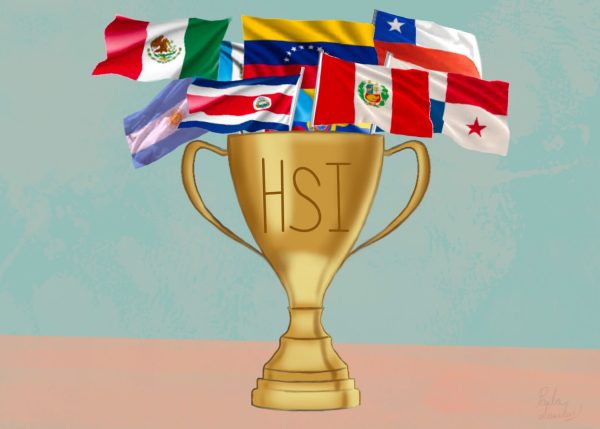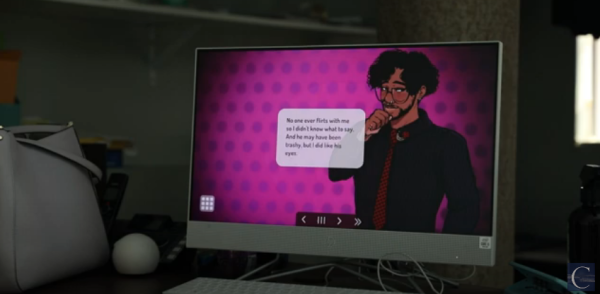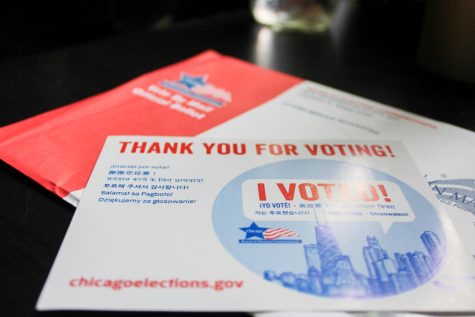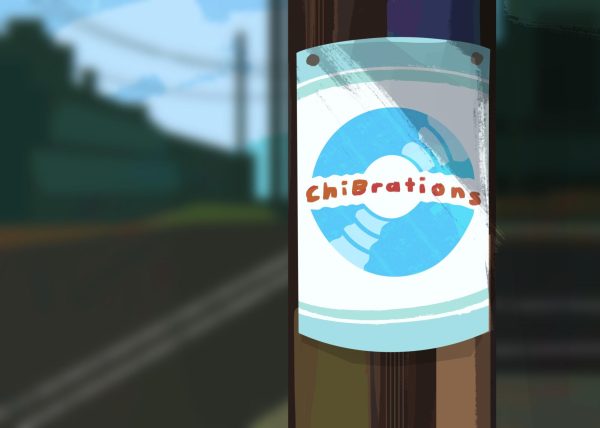Saving the newspaper industry
May 11, 2009
The writing has been on the wall for some time now for Chicago’s newspapers.
But the city’s newspaper industry seems to be nearing collapse, with its two major daily newspapers bankrupt, and many smaller weekly and community papers struggling, too.
Across the country, newspapers are facing similar fates. In the past few months, several major papers have gone under or announced they might be close to it. The Seattle Post-Intelligencer, the San Francisco Chronicle, the Rocky Mountain News and the Baltimore Examiner are among the papers that have had to cease daily publication.
But one effort to help rescue the troubled newspaper industry comes from U.S. Sen. Benjamin Cardin (D-Maryland), who proposed legislation on March 24 that would allow newspapers to become 501 (c)(3) nonprofit organizations.
The Newspaper Revitalization Act is targeted to preserve local newspapers serving communities rather than large conglomerates. While it may not help organizations like the Tribune Co., the owner of the Chicago Tribune, it could be a viable option for smaller operations looking to stay afloat.
“We are losing our newspaper industry,” Cardin said. “The economy has caused an immediate problem, but the business model for newspapers, based on circulation and advertising revenue, is broken, and that is a real tragedy for communities across the nation and for our democracy.”
Under a 501 (c)(3) status, there would be some limitations on what papers would be able to do-they would no longer be able to make political endorsements.
Andrew Johnston, vice president and operations director of the Wednesday Journal, Inc., which publishes and owns The Chicago Journal and Skyline, doesn’t think nonprofit status is the answer to the industry’s problems.
The Wednesday Journal, Inc., has been dealing with financial problems of its own, and recently sold two of its community papers and shut down The Chicago Journal’s second zone, Johnston said.
“Obviously, if you’re not making any money, you don’t have to pay any taxes anyway,” he said. “There are plenty of newspapers that are not-for-profit right now, but not by design.”
Beyond that, Johnston said he doesn’t think the potential benefits outweigh the costs, like not being able to make political endorsements, which he said is a very important function of a newspaper.
“I’ve been kind of dubious about the nonprofit model for newspapers,” Johnston said. “It seems to me that it would begin to compromise your independence and your ability to freely comment on things that are going on within the community that you’re covering.”
At the state level, a bill introduced by Sen. Heather Steans (D-Chicago) would create a new business structure, called an L3C, or low-profit limited liability company, which could help some newspapers stay afloat.
Steans said allowing newspapers to restructure as L3C’s would allow investments from foundations while also still allowing for the company to make profits.
Johnston, however, said he doesn’t think the L3C structure is the answer.
“I don’t understand how it would benefit us,” Johnston said. “The bigger problem now is how do newspapers begin to monetize what they are doing online. If the delivery of the news is online and not in print,
how do you get people to pay for it?”
The bill, SB 239, was introduced in February and passed through the Illinois Senate unanimously, and is expected to pass easily in the House, too.
Steans said she thinks it’s particularly important to help news organizations because of their function in society.
“For democracy to work, citizens need information, and the media provides that,” Steans said. “And newspapers have the ability to have more in-depth, investigative stories, which you don’t get entirely from websites or blogs.”


















